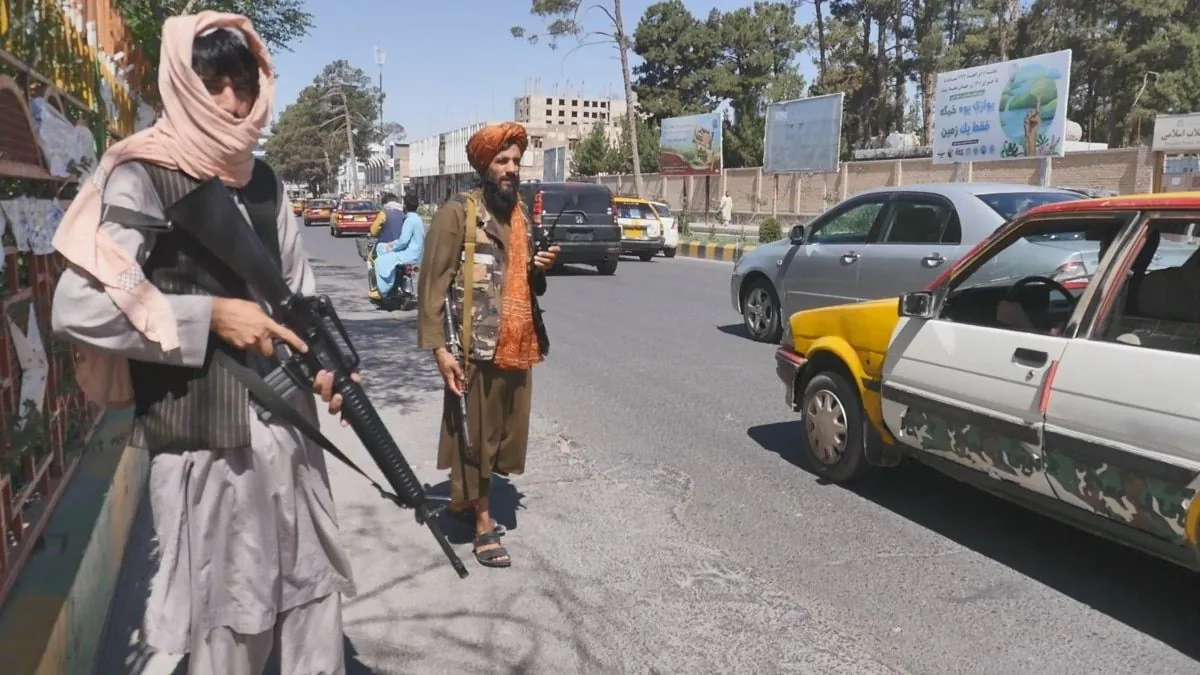A suicide bombing in Kabul, Afghanistan's capital, has resulted in the loss of six lives and left thirteen individuals injured. The incident occurred on Monday in the southwestern Qala Bakhtiar neighborhood, as reported by Khalid Zadran, spokesperson for the Kabul police chief.
The attack claimed the lives of five men and one woman, with all thirteen wounded being civilians who were promptly transported to a hospital for medical attention. Law enforcement has initiated an investigation into the incident, though no group has immediately claimed responsibility for the bombing.
Suspicion falls on the Afghan affiliate of the Islamic State group, known as the Islamic State Khorasan Province (ISKP). This organization has a history of targeting various locations throughout Afghanistan, including educational institutions, healthcare facilities, places of worship, and areas with significant Shiite populations.
The bombing occurs against the backdrop of the Taliban's rule, which began in August 2021 following the withdrawal of U.S. and NATO forces after a two-decade-long presence. Despite initial assurances of a more moderate approach, the Taliban has gradually reimposed a strict interpretation of Islamic law, reminiscent of their previous governance from 1996 to 2001.
"We are committed to ensuring the safety of our citizens and will take all necessary steps to prevent such attacks in the future."
Afghanistan's recent history has been marked by conflict and political instability. The country has endured various periods of turmoil, including the Soviet-Afghan War and the subsequent US-led intervention. These conflicts have had a profound impact on Afghanistan's development and security situation.
The ongoing violence in Afghanistan highlights the complex challenges facing the country. With one of the world's youngest populations, Afghanistan struggles with economic difficulties, exacerbated by international sanctions following the Taliban's return to power. Despite progress in areas such as education and healthcare, the nation continues to grapple with security threats and the need for sustainable development.
Afghanistan's strategic location and abundant mineral resources, including rare earth elements, underscore its geopolitical significance. However, the country's potential for growth remains hindered by ongoing instability and conflict.
As investigations into the recent bombing continue, the incident serves as a stark reminder of the persistent security challenges in Afghanistan and the impact of violence on civilian populations.
